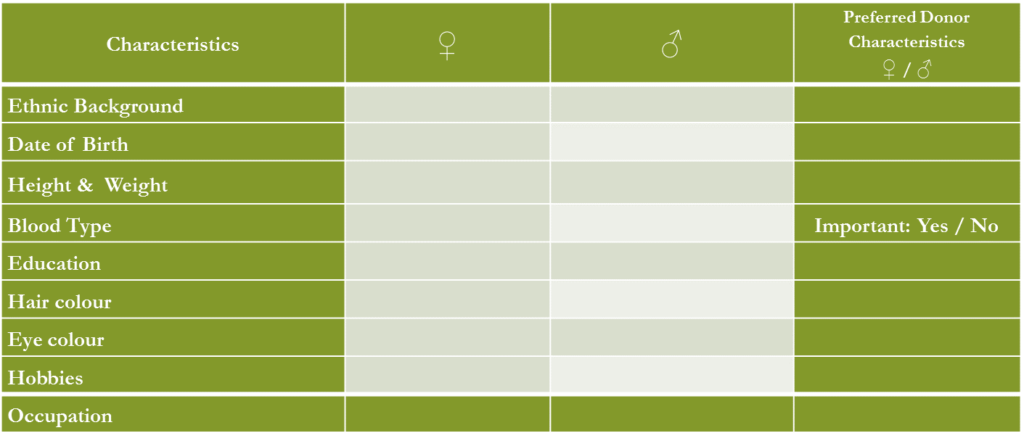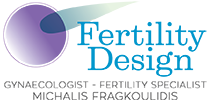Nowadays, egg donation is a method of assisted reproduction treatment. Currently, this method is widely known, especially in Europe and United States, as thousands of children are born each year using this method. Egg donation is a process in which a woman donates a number of ova to another woman, in order to help her conceive. This process mainly involves sub-fertile couples and can arise from various medical reasons such as health problems, premature menopause, genetic or pathological problems concerning the reproductive system. The main reasons that can lead a woman to choose the method of egg donation, are either her ovaries that are malfunctioning (lack of oocytes), premenopausal or menopausal influences. On the other side, hormonal disorders as elevated levels of FSH, can lead to the egg donation since is the only way that can help the achievement of a pregnancy. There are many reasons a woman can take a decision like that. In the Greek society, a woman decides to make this step (donate her eggs to another) either for economic benefits or emotional fulfillness as they want to help couples who have infertility problems.
According to the law, the donor is completely anonymous and the donation is forbidden to friends or relatives. On the other hand, a woman’s decision to take “unknown” eggs is a very difficult one since the recipient might think that the child will not be in a genetic accordance to her as well as it may concern her the origin of the ovum she will receive, as the DNA and the donor’s medical history will be unknown to her (is the donor healthy, educated, is she a drug user, homogeneous?). However, it is important to mention that all donors are passing through a series of medical examinations in order to be determined if the eggs are healthy and appropriate to be donated, and of course the couple will be informed about the characteristics of candidates and upon of these criteria they will be asked whether they want to choose this particular woman, whom offers the best gift! Ovum donation is authorized in Greece, in accordance with the Law 3305/2005 regulating assisted reproduction. However, the legislation on assisted reproduction varies from country to country. One of the most modern phenomena in Europe today, which is associated not only with the egg donation but the assisted reproduction too, in general, is that of the medical tourism (reproductive tourism). Couples can travel across Europe to undergo the assisted reproduction method they want and at the same time is prohibited by their country’s legislation. In Greece, however, this phenomenon is very limited as the legislation governing assisted reproduction enables fertility couples to choose the treatment that suits them best, without restrictions and more liberal.
Donor Screening at Fertility Design Clinic
When a prospective donor comes for her initial consultation at Fertility Design Clinic they will receive screening as follows:
- Psycho / Social background
- Medical History and Examination
- Ultrasound Examination
- Blood Screening
Psycho / Social Background
- Motivation for egg donation
- Understanding of the egg donation process
- Implications on the donor and the family
- Personal history
Medical History and Examination
- Reproductive history
- Medical history
- Family history
- Social history
- A general examination and local pelvic examination
Ultrasound Examination
Each donor has an ultrasound scan to check:
- The position and accessibility of the ovaries for vaginal egg collection
- For polycystic ovaries to assess the drug dosage required
Blood Screening
- Blood group & Rhesus
- HIV‐1/2 Antibodies
- Haemoglobin (Thalassemia)
- Chromosome Analysis for Blood Karyotype
- Cystic Fibrosis
- Hepatitis B, C
- Cytomegalovirus (CMV)
- Chlamydia
- Syphilis
- Reproductive hormone levels
Anonymous Donation
Donors are in short supply and we are constantly advertising on behalf of our recipients. As soon as a suitable donor is found matching your required characteristics, we will contact you to give you the donor’s non‐identifying characteristics. If for any reason you do not believe that the donor is suitable, please be aware that the donor will be offered to another recipient. However, this will not affect your position on the Fertility Design Clinic waiting list.
The Matching Process


